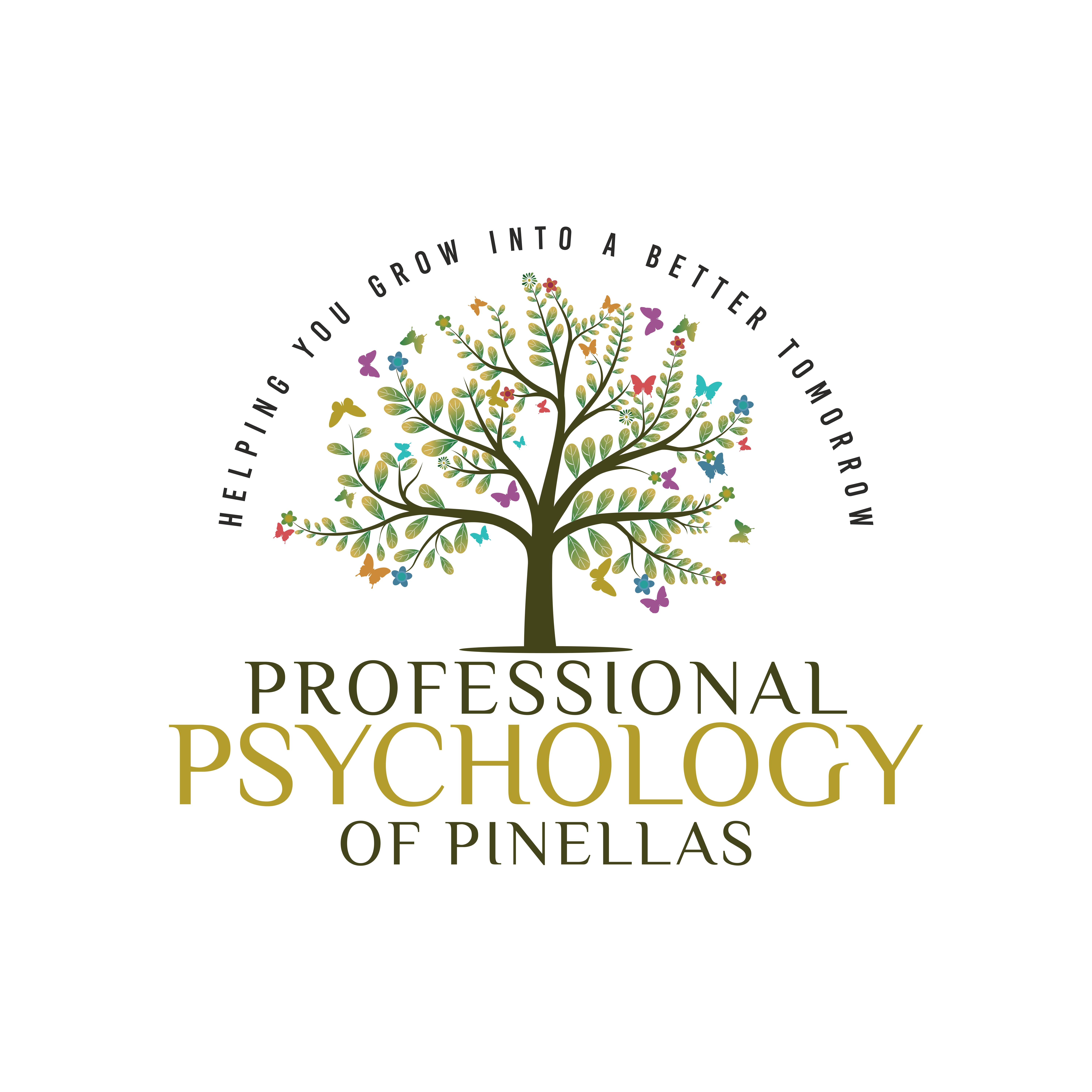~Children may exhibit increased sadness and tearfulness.
~Younger children may look for the person who died.
~Younger children may become clingy and distressed at separation, older children may desire increased closeness and time with others
~Children may become fearful for their safety or the safety of others.
~They may exhibit increased irritability, tantrums, anger or aggressive behaviors.
~They can become anxious, easily startled, or exhibit increased fears.
~Children may withdraw, self isolate, or show lack of emotional response.
~Physical complaints are common.
~Children may blame themselves for the death.
~They may report increased bad dreams or exhibit sleep disturbances.
~Older children may try hard to please adults and not worry them. This can include taking on more responsibilities.
~Older children may experience stronger emotional reactions and increased sensitivity to criticism.
~Children may seem preoccupied with the loss and have a need to talk about it excessively.
~Concentration problems, forgetfulness and changes in academic performance are common.
~Children may become preoccupied with death or dying.
~They may report dreaming of the loved one, sensing their presence or talking to them.
~Children can become more defiant and begin exhibiting behavioral problems.
~Older children may engage in risk taking behaviors such as drinking, drugs, sex, reckless driving or stealing.
Symptoms of grief in children and adolescents can vary greatly depending on many factors including age, gender, developmental stage, personality, support, how others around them are grieving, and relationship to the person who died. Children tend to grieve in bursts and seek comfort from normal routines and activities. Grieving children need support, attention and reassurance. It is not uncommon for grief to reappear during different stages in a child’s life. Therapy provides a safe place to process and understand their grief while teaching them coping strategies to help comfort and heal.
